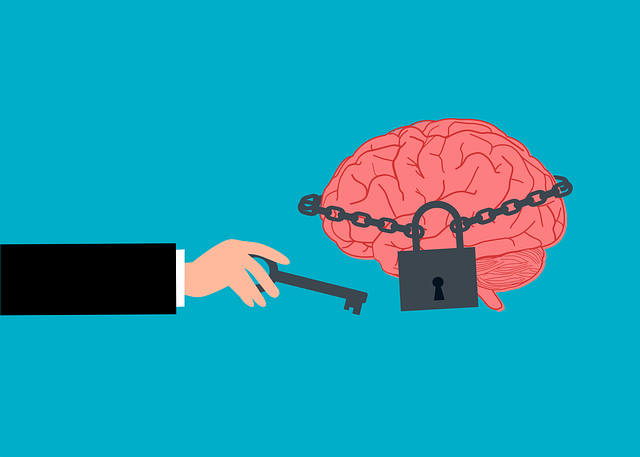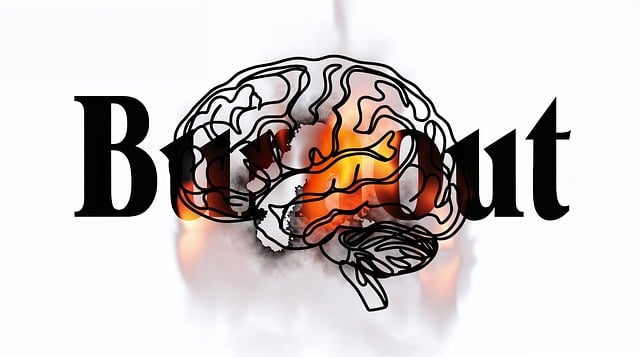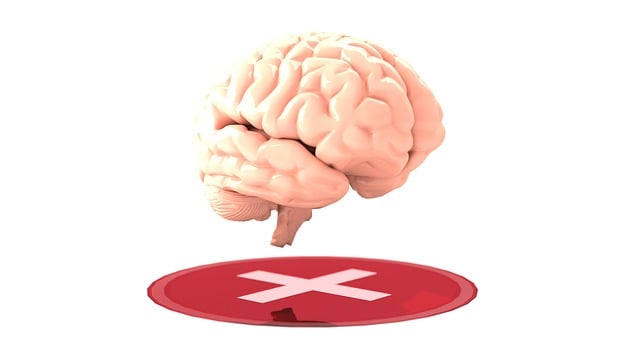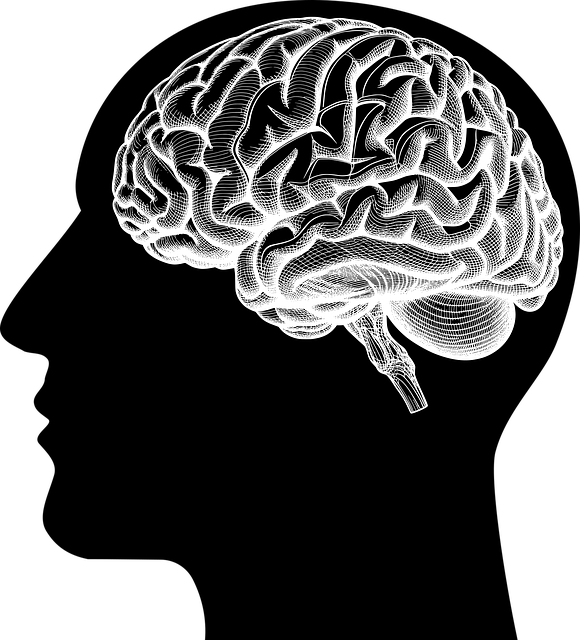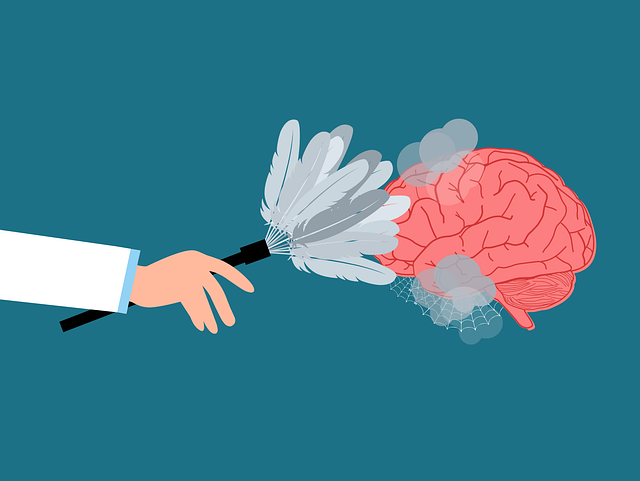Crisis intervention is a critical skill for therapy for adults and first responders, focusing on immediate support and building inner strength. Through techniques like Cognitive Behavioral Therapy (CBT) and Mindfulness-Based Therapies, professionals help clients manage stress, identify triggers, and develop healthier coping strategies, enhancing overall well-being. Post-crisis care is vital, with tailored services for both adults and first responders to prevent long-term mental health issues and promote resilience through practices like mindfulness and compassion cultivation.
“In times of crisis, effective intervention strategies are paramount to ensuring the well-being and recovery of individuals affected. This article serves as a comprehensive guide, offering insights into crucial aspects of crisis intervention. We explore tailored therapy approaches for first responders, who often bear the brunt of emotional weight during critical incidents. By delving into practical strategies, we equip readers with tools to provide effective support. Additionally, post-crisis care and recovery considerations are discussed, emphasizing the importance of holistic healing.”
- Understanding Crisis Intervention for Adults
- Therapy Approaches for First Responders
- Practical Strategies for Effective Support
- Post-Crisis Care and Recovery Considerations
Understanding Crisis Intervention for Adults

Crisis intervention is a critical aspect of supporting adults facing challenging situations. It involves providing immediate and effective assistance to individuals in distress, helping them cope with intense emotions and regain stability. For first responders and mental health professionals working with adults, understanding this process is paramount. The goal is not merely to offer temporary relief but to empower individuals to build inner strength and develop resilient coping mechanisms.
Therapy for adults plays a pivotal role in crisis intervention, focusing on both the immediate needs of clients and long-term mental health awareness. By fostering positive thinking and encouraging open communication, therapists help individuals navigate their crises. This process involves assessing the situation, providing emotional support, and offering practical strategies to manage stress and adversity. Through these interventions, adults can learn to recognize triggers, develop healthier ways of coping with stress, and enhance their overall well-being.
Therapy Approaches for First Responders

Many first responders, such as police officers and firefighters, face unique challenges on the job that can lead to high levels of stress and trauma. Therapy approaches tailored for adults in these roles are crucial components of crisis intervention guidance. Cognitive Behavioral Therapy (CBT) is a commonly used method, helping individuals identify and change negative thought patterns associated with their experiences. This approach equips first responders with tools to manage stress and process difficult emotions effectively.
Additionally, Mindfulness-Based Therapies have gained popularity within the community. These practices encourage participants to focus on the present moment, fostering resilience against the mental health effects of high-stress jobs. Stress Management Workshops organized by various organizations play a vital role in promoting these techniques. By engaging in such workshops, first responders can learn coping strategies, gain support from peers, and contribute to efforts aimed at reducing the stigma surrounding mental illness—a significant barrier for those seeking help.
Practical Strategies for Effective Support

In providing effective crisis intervention support, especially for adults and first responders, a multifaceted approach is crucial. One practical strategy involves fostering inner strength development. This can be achieved through therapeutic techniques tailored to enhance resilience and coping mechanisms. Engaging in regular therapy sessions equips individuals with tools to navigate traumatic or stressful situations, thereby reducing the likelihood of long-term mental health issues. For first responders, who frequently encounter crisis scenarios, integrating self-esteem improvement practices into their personal routines can significantly boost their emotional well-being.
Additionally, incorporating compassion cultivation practices into crisis intervention strategies has proven beneficial. Encouraging individuals to cultivate empathy and understanding towards themselves and others creates a supportive environment. This not only helps in managing distress but also fosters healthier relationships, enabling better support during and after a crisis. Such practices can transform crises into opportunities for personal growth, healing, and enhanced community bonds.
Post-Crisis Care and Recovery Considerations

After an intense crisis situation, providing adequate post-crisis care and supporting recovery is essential for individuals and first responders alike. This phase involves recognizing that healing is a process and offering sustained support to help those affected navigate their experiences. For adults, therapy plays a pivotal role in processing trauma, fostering resilience, and promoting emotional well-being. Professional counseling services tailored to crisis situations can significantly aid in managing acute stress reactions and preventing long-term mental health issues.
First responders, who often find themselves at the forefront of crisis intervention, require specific considerations. Accessing trauma support services designed for first responders is crucial to help them process the emotional toll of their work. Additionally, healthcare provider cultural competency training can enhance care by ensuring culturally sensitive and appropriate interventions. Integrating stress reduction methods, such as mindfulness techniques, into their routines can also contribute to the overall well-being and resilience of first responders.
Crisis intervention plays a vital role in supporting individuals and communities facing severe situations. By understanding adult crisis intervention, employing tailored therapy approaches for first responders, adopting practical strategies for effective support, and considering post-crisis care and recovery, we can enhance our ability to provide crucial assistance during challenging times. These evidence-based methods empower us to make a significant difference in the lives of those affected by crises, ensuring better outcomes and fostering resilience.


